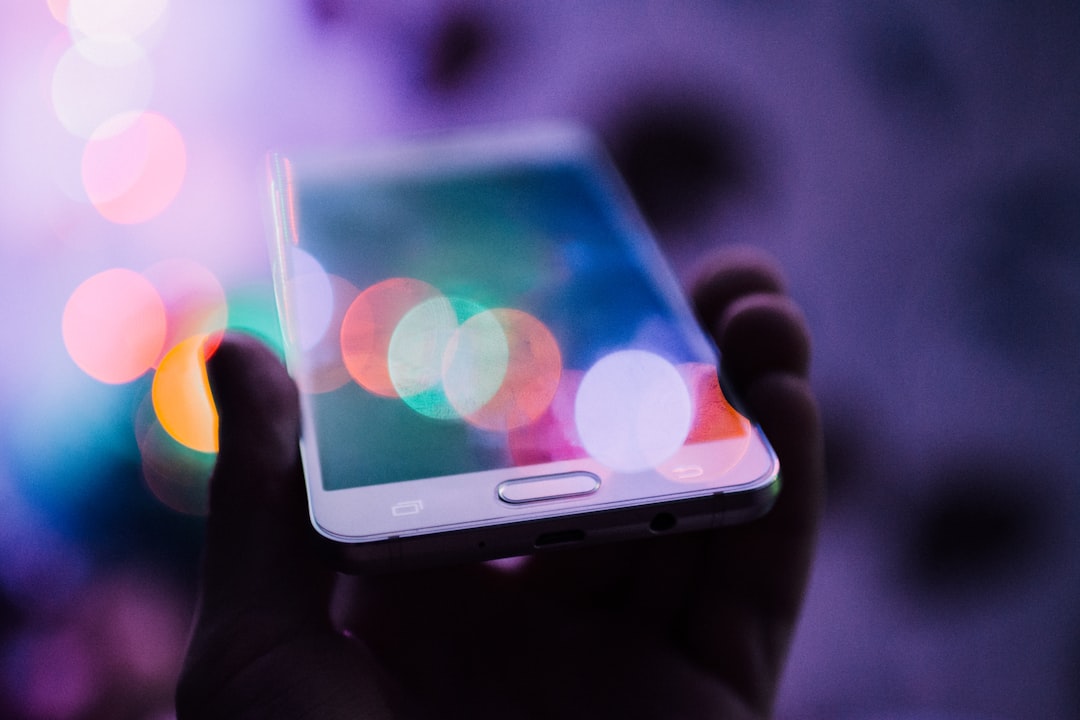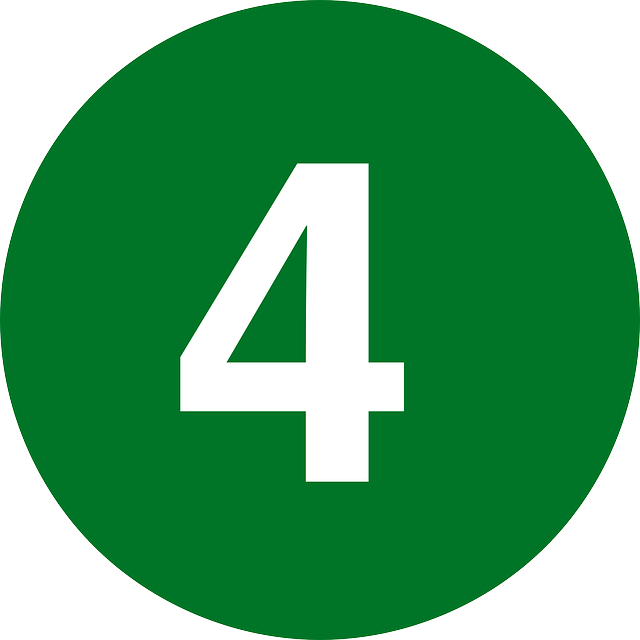New Yorkers are protected from spam and robocalls by federal and state laws, including the Telephone Consumer Protection Act (TCPA) and New York's Anti-Solicitation Law. To combat this growing issue, various apps like Honcho and NoCall use machine learning and community reporting to block and identify scammer numbers. For legal assistance against persistent spam calls, a Spam Call law firm in New York offers consultations on rights under the TCPA and provides guidance on navigating legal processes.
New Yorkers, tired of relentless robocalls? You’re not alone. With strict spam call laws in place, like those enforced by a reputable Spam Call law firm New York, there’s hope. This article explores top apps designed to block and identify these unwanted calls, empowering NYC residents to reclaim their phone lines. Discover legal protections available to you and transform your communication experience.
Understanding Robocalls and New York's Spam Call Laws

Robocalls, or automated phone calls made en masse, have become a ubiquitous and often unwanted part of daily life for many New Yorkers. These pre-recorded messages can range from promotional offers to scam attempts, and they are often illegal under New York’s strict Spam Call laws. The state has implemented measures to protect residents from these intrusive calls, with regulations governing the use of automated dialing systems and prerecorded messages.
Under New York’s Spam Call Laws, businesses and call centers must obtain explicit consent from recipients before making automated phone calls for marketing purposes. Failure to comply can result in significant fines. A reputable spam call law firm in New York can guide individuals on their rights and help them navigate the legal aspects of dealing with excessive or harassing robocalls.
Top Apps to Block and Identify Robocalls in NYC

In today’s digital era, New Yorkers are increasingly dealing with unwanted spam calls, which can be a nuisance and even a safety hazard. Luckily, several apps have emerged to help residents combat this growing issue. These applications leverage advanced technology to not only block but also identify robocalls, providing much-needed relief for busy professionals and concerned citizens alike.
One popular option is Honcho, an app that uses machine learning algorithms to detect and block spam calls. It also offers a community-driven reporting system where users can contribute to the database of known scammer numbers. Another effective tool is NoCall, which allows users to register their phone numbers on a “do not call” list and provides real-time alerts about incoming robocalls. For those seeking legal recourse against persistent spam calls, there are apps like Spam Call law firm New York that offer consultations and help users understand their rights under the Telephone Consumer Protection Act (TCPA). These innovative solutions empower New Yorkers to take control of their communication channels and protect themselves from intrusive automated calls.
Legal Protections for New Yorkers Against Unwanted Calls

In New York, residents enjoy legal protections against unwanted phone calls, particularly spam calls from robocalls. The Telephone Consumer Protection Act (TCPA) is a federal law that restricts businesses and telemarketers from making automated or prerecorded calls to consumers without prior explicit consent. This means that if you have not given permission for your number to be contacted by a particular call center or sales organization, they are legally bound to stop calling you.
New Yorkers can also take advantage of state-level protections. The New York State Law against Solicitations and Debt Collection Practices Act further safeguards residents from aggressive telemarketing tactics. If you feel your rights have been violated by spam calls or if you want to learn more about your options for legal recourse, consulting with a Spam Call law firm in New York can provide valuable guidance.






